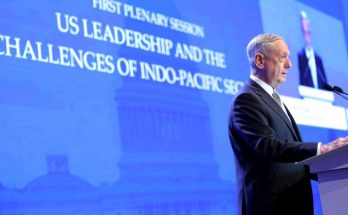
From Wuhan to Qingdao, India-China ties turn sugar-sweet: River, rice & P2P
River, rice and a bit of sugar – the positive flow in India-China relations that started in Wuhan washed ashore the Chinese coastal city of Qingdao, with Prime Minister Narendra …
Read More








